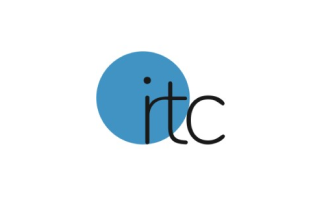
About the project
Resource availability and its implications for various societal, economic, and ecological issues, is a crucial aspect of today’s economy. However, the relevance of material criticality for key technologies – amongst them those used for clean-energy production, which will be crucial for the future of society – is still obscured by the diversity and, frequently, the immaturity of the evolving methodologies. The EIT RawMaterials project “International Round Table on Materials Criticality” (IRTC) has therefore been fostering an exchange of knowledge on materials criticality, from different regional and methodological perspectives. The project has joined existing platforms that offer the opportunity for information exchange related to various aspects of materials criticality, such as life-cycle assessment, industrial ecology, and sustainable development.
Since its beginning in 2018, the IRTC project has been coordinated by the ESM Foundation, supported by EIT RawMaterials, and advised by a broad network of experts. It is currently in its third phase:
- First phase: (2018-2020) IRTC – focusing on criticality-assessment methodologies.
- Second phase: (2020-2022) IRTC-Business – focusing on investigating and supporting industry approaches to supply-chain risks and mitigation.
- Third phase: (2022-present) IRTC-Training – conducting an annual international conference to allow for a broader and more inclusive debate on criticality, and establishing certified trainings on the topic.
Within the first phase of the project, various Round Tables were organised in Canada, Japan, China and the US with themes such as “How methodology determines what is critical”, “Criticality and the circular economy”, “How industry manages criticality”, and “Secondary sourcing of critical raw materials”. These Round Tables were explorative by nature and focused on the identification of key differences among perspectives, methodologies, stakeholders, and practices. The outcomes of the Round Tables were presented in the form of scientific publications co-authored by the consortium members.
The second phase used the outcomes and knowledge generated in the first phase, to take the discussion to another level. Where IRTC had been looking back on existing practices related to resource criticality, IRTC-Business integrated the lessons learned into concrete recommendations for the application of criticality assessments by companies. These recommendations will encompass the development and application of a stakeholder-specific criticality methodology and the identification of mitigation measures. A web-based decision tool developed by the project supports these actions.
The current third phase seeks to build an international conference and trainings that should sustain these efforts in the future. Participation is sort from stakeholders that have been less integrated into the debate so far, ranging from junior researchers to stakeholders affected by the mining of critical raw materials.
You can find more information in the IRTC website.
Partners:





 Subscribe
Subscribe
 Members
Members